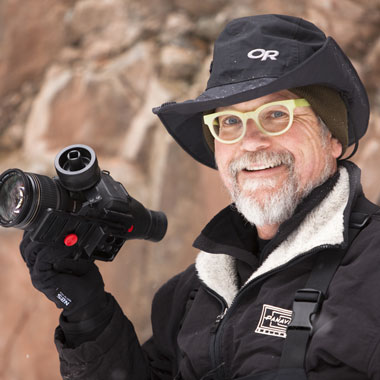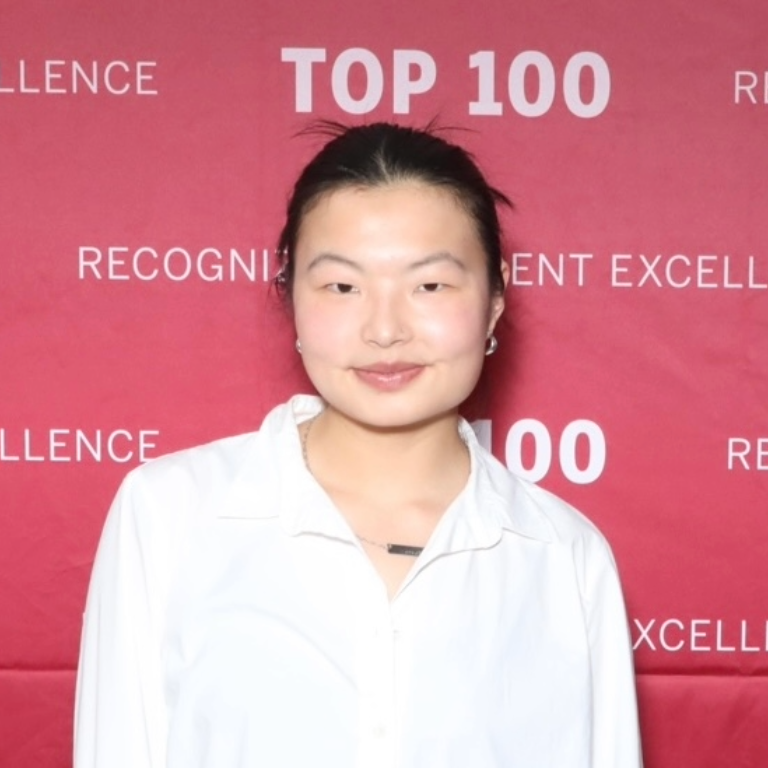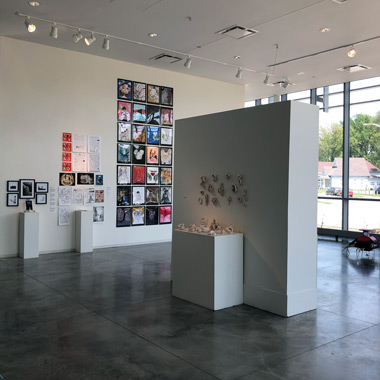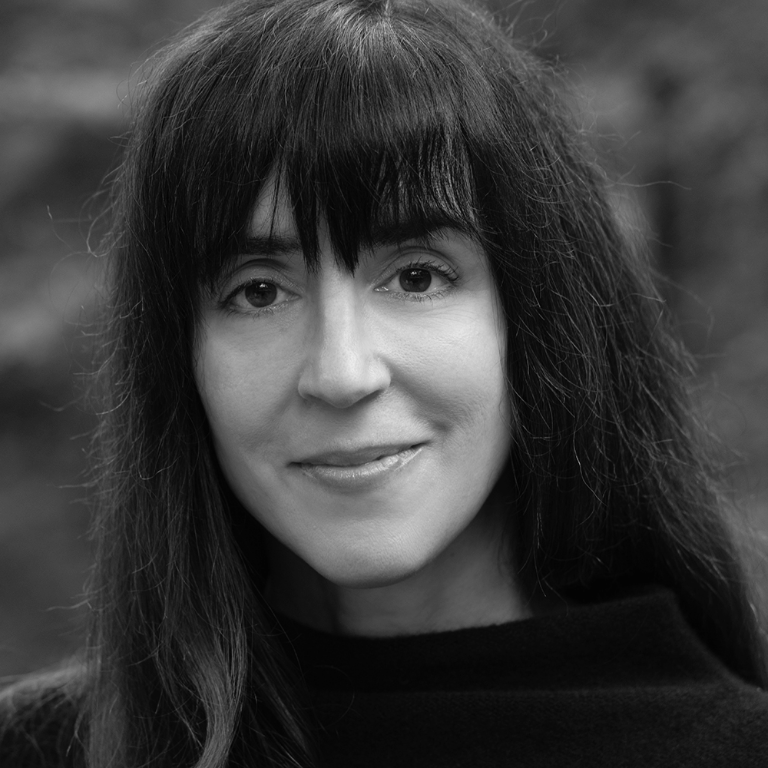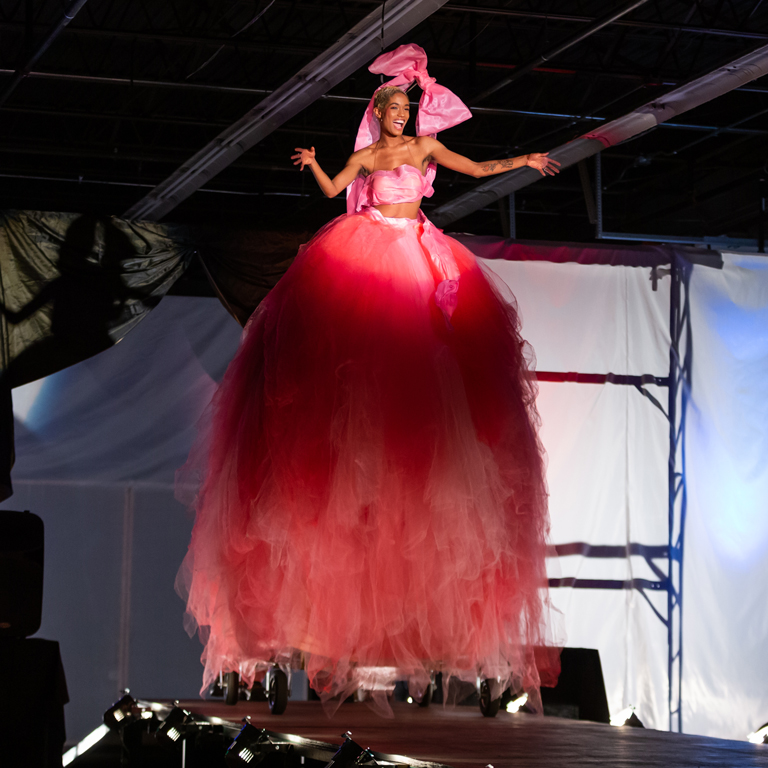Herron students enjoyed industry insights on making images, along with some laughter, during alumnus and Canon Explorer of Light Bruce Dorn’s lecture on September 20.
Graduating in 1973 with a B.F.A. in visual communication, Dorn reflected on a colorful and accomplished career spanning four decades. See examples of Dorn’s work through a short video, where he discussed his photographic practice and experiences.
Dorn’s career took flight after winning a competition with Mademoiselle magazine the summer before his senior year at Herron. From that point forward, he had a steady stream of work shooting for Women’s Wear Daily and Condé Nast, then creating photo essays for People magazine. His experiences in photography eventually transitioned to a career in cinematography and directing films as well as the occasional adventure, such as circumnavigating the globe by four-wheel-drive.
Below are five notable tips from Dorn’s talk that cast light on carving out a creative career – from taking initiative to being persistent.
1. Be prepared.
“Luck favors the prepared. I think a number of people [have] said that, but I attribute it to having the right equipment and always starting with an idea. … Having a concept, no matter how small it may be, gives me an opportunity to flesh out the meat of the bones.”
2. Develop a strategy.
“I’m a big proponent of strategizing what you do. … There’s taking pictures and then there’s making pictures. … Making images is my strong suit. … [Clients] like the fact that I can communicate ahead of time what I’m going to do. I actually do sketches quite often to figure out in advance what I’m going to need in the way of tools and techniques. … I became very efficient because of that.”
3. Make things happen by finding opportunities.
“It's about finding those little opportunities when you see the slight crack in the door, you can drive that wedge in there and make something happen. That's how you get opportunities. ... They do come out of the blue, but you still have to recognize them. That's a key factor.”
4. Develop a combination of skills and experiences.
“Everything you do adds up to do something important. ... I have [a philosophy]. Respect the past. ... Embrace the future. Expand your capabilities. No [experience] is wasted ... whether it's a good one or a bad one ... and remember to give back, which is why I go out and teach.”
5. Pursue meaningful work that interests you.
“I've almost killed myself in this career. In the last six years, I broke my back and had my retina detached in Lithuania. I had my appendix removed in an aboriginal village in the outback of Australia, and I'm still going. ... I'm still alive, doing what I love. … Technique is important, but it's not the most important thing. The most important thing is that you're doing something that is meaningful and interesting. … It's the difference between just wandering aimlessly and going somewhere.”


